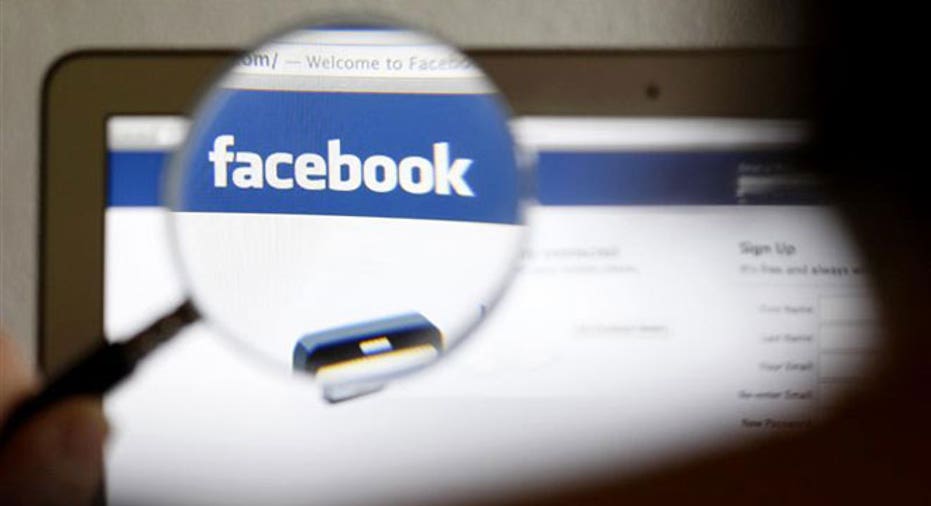How Facebook Affects Your Memory

You may want to think twice before posting that update to Facebook. New research has found that Facebook status updates are more memorable than lines from a book or the faces of strangers.
Overall, the researchers found that Facebook status updates were one-and-a-half times more memorable than sentences from books and two-and-a-half times more memorable than faces. Those numbers represent remarkable differences in memory performance, researchers say.
"We were really surprised," said Laura Mickes, visiting scholar at UC San Diego and a senior research fellow at the University of Warwick. "These kinds of gaps in [memory] performance are on a scale similar to the differences between amnesiacs and people with healthy memory."
The findings undercut popular assumptions about social media posts, she said.
"Facebook is updated roughly 30 million times an hour, so it’s easy to dismiss it as full of mundane, trivial bits of information that we will instantly forget as soon as we read them," Mickes said. "But our study turns that view on its head, and by doing so gives us a really useful glimpse into the kinds of information we’re hardwired to remember."
In the research, which was published in the journal Memory and Cognition, participants studied more than 200 anonymous Facebook posts. Researchers picked posts that were close in length to sentences from books, and made sure to take out any irregularities in those postings that may have made them more memorable.
“Not only is the 'Facebook effect' on memory strong, but we replicated the effect each time we examined it,” said Christine Harris, a psychology professor at UC San Diego.
Researchers say that a number of factors make these posts more memorable; however, the top reason is that digital communications very closely resemble the way people talk. That is, researchers believe the similarity of online communication to everyday speech makes it more memorable than lines from books, which are more carefully composed.
"One could view the past 5,000 years of painstaking, careful writing as the anomaly," said Nicholas Christenfeld, a psychology professor at UC San Diego. "Modern technologies allow written language to return more closely to the casual, personal style of pre-literate communication. This is the style that resonates, and is remembered."
The research was co-authored by Daniel Bajic, Ryan Darby and Vivian Hwe of UC San Diego, and Jill Warker of the University of Scranton.
Follow David Mielach on Twitter @D_M89 or BusinessNewsDaily @bndarticles. We're also on Facebook & Google+.



















